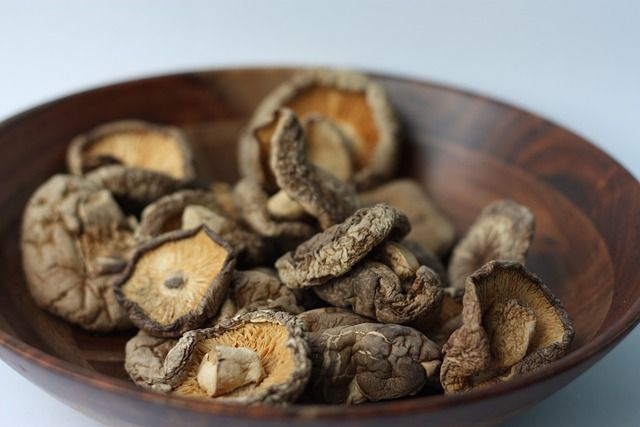6050 Stetson Hills Blvd., #176 Colorado Springs, Colorado, 80923
Senior Fitness
It is very important for anyone at any age to be the best that they can be. Having good nutrition, staying
active and keeping a sharp mental attitude are all essential elements for feeling our best. It is important for
all of us to prioritize and put our self first.
As we get older, the onset of osteoarthritis, osteoporosis, rheumatoid arthritis, diabetes, heart disease and
cancer may inflict us. The sooner we start taking steps to prevent disease; the sooner we will live a long and
healthy life.
The first step is a good diet. Eating well is the foundation to all positive goals. Drink plenty of water, eat
low calorie snacks, choose restaurants that offer low calorie options and drink in moderation because
alcohol and wine slow down the metabolism.
The next consideration is exercise. There are various activities that are perfect for the 50+ population.
Walking, hiking, and swimming are wonderful for all of us. These aerobic activities are great to strengthen
the heart muscle and to help expend extra calories that are consumed. These activities do not change our
body composition or strengthen our bones and connective tissues. Anaerobic activity which includes
weight training speeds up the metabolism to burn fat more efficiently. Weight training will also alleviate
pain in the joints including knee and back pain and reduce the onset of osteoporosis. It is recommended that
if you are interested in starting a weight training program to seek out professional guidance through a one-
to-one personal fitness trainer. A good trainer will be degreed as well as certified by a reputable national
association and always ask for referrals. By working with a trainer, you will get the best return for your
money and through the supervised program you will not get injured. Most trainers operate out of
commercial fitness clubs and some work privately.
Lastly, mental attitude is everything. The body will do what the mind tells it to do. If you are not committed
emotionally, the program will not work. Exercise alleviates mental and physical stress and gives strength to
those challenges that you face each day. REMEMBER: A HEALTHY BODY YEILDS A HEALTHY MIND!
Prevention is the key to success. As we get older, we need to pay attention to ourselves and how we are
living our life. The human body is a living machine. If we take care of it, it will be less likely to break
down. Whatever your fitness decisions and goals, I hope this article motivates you to work toward a new
and improved you! If you have any questions, call me at 719-590-9879.
Kelly J. Calabrese MS, CCN
Integrative Biochemical Nutritionist
https;//optimalwellnessLLC.com



Address
6050 Stetson Hills Blvd., #176
Colorado Springs, Colorado, 80923
Contact Us
719.244.6798
720.530.4097
coloradospringsover50@gmail.com

